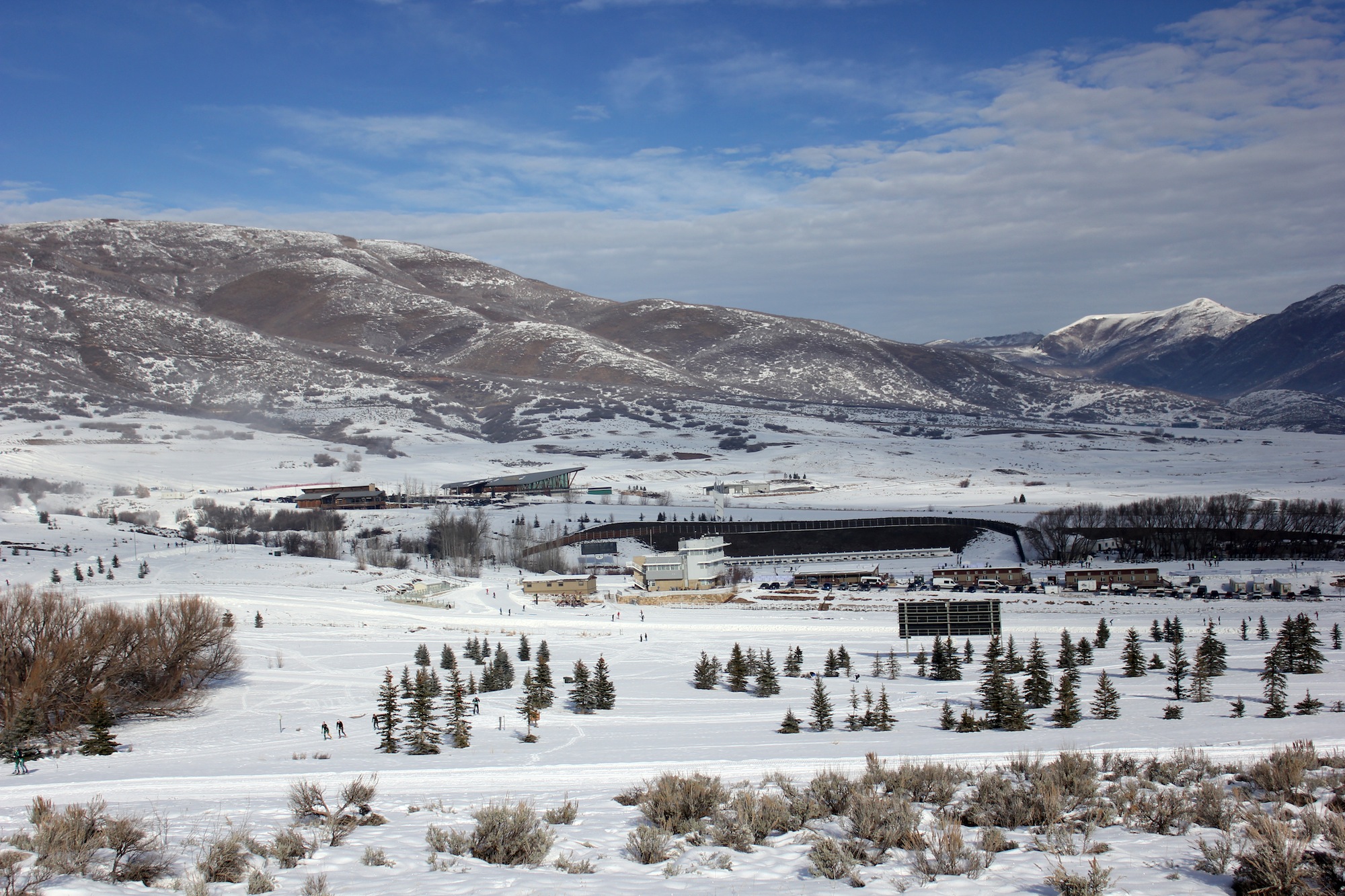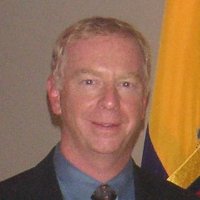
Richard Hodges has a long history with Soldier Hollow.
He was part of the group that chose the Midway, Utah, ski area as the site for the 2002 Olympics when the original venue, Mountain Dell, became unfeasible due to watershed concerns.
He was there for the first race that ever took place at the venue.
To top it off, Hodges estimates that he has been at every winter event at Soldier Hollow, with the exception of five, since 2000.
So in March when it was announced that Howard Peterson, Soldier Hollow’s longtime executive director, was retiring after leading one of the west’s most prominent cross-country ski areas, Hodges was a natural replacement.

He soon left his position on the Board of Directors of the Soldier Hollow Legacy Foundation so that he could apply to be executive director, and in June the foundation announced that Hodges would take over the operations at Soldier Hollow on July 1.
Hodges has served as executive director roughly a month and already has a clear image of where he wants to take the 2002 Olympic venue.
According to Hodges, his first task is to maintain the legacy that Peterson established.
“It is nearly miraculous that Soldier Hollow continues to operate at a break-even point 12 years after the Olympic Games,” Hodges said in an interview with FasterSkier, attributing the financial stability to the work of Peterson.
To maintain that legacy, Hodges plans to undertake the renovation of Soldier Hollow’s facilities so that they are up to current international standards. This includes placing top priority on ensuring that the ski area’s equipment and snowmaking are at the highest standards.
While Soldier Hollow isn’t hosting U.S. nationals, Junior Nationals or the NCAA Skiing Championships this upcoming winter, it still has a busy schedule with the U.S. Sit-Ski Nationals, the Junior National Super Qualifier, Intermountain Youth Festival and possibly a Nordic Combined Continental Cup and a National Guard Biathlon event.
To ensure the 2014/2015 winter events go smoothly, Hodges will oversee an upgrade of technology including phones, web and retail services.
As Hodges looks ahead he realizes that the future of one of the most popular nordic ski venues in the country depends on several factors.
“We are working to deepen and diversify our year-round activities as a cushion against the risk of shorter ski seasons and unexpected weather events,” Hodges explained.
According to Hodges, Soldier Hollow’s tubing hill provides essential revenue that keeps the area ready for winter competition. In addition, the Spartan Race, Sheep Dog Championships, Dirty Dash races, high-school mountain-bike races, a trail-running series and other events help to bring in thousands of summer customers who will in turn help keep the winter operations of Soldier Hollow financially viable.
As for future winter competitions, Hodges plans to continue to host the numerous national races that Soldier Hollow has held in the past. While Hodges acknowledged the challenges of bringing international racing back to Midway, Utah, he’s certainly not ruling out the possibility.
“Who knows, 2026 isn’t that far away,” he said.
Lander Karath
Lander Karath is FasterSkier's Associate Editor from Bozeman, Montana and a Bridger Ski Foundation alumnus. Between his studies at Middlebury College in Vermont, he is an outdoor enthusiast and a political junkie.



